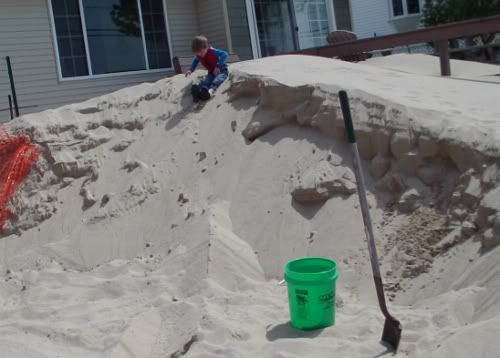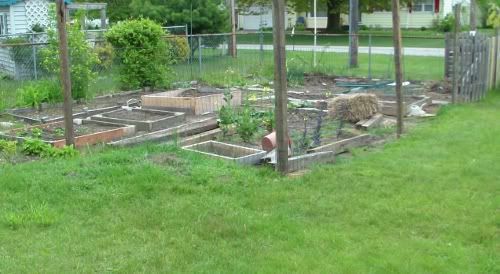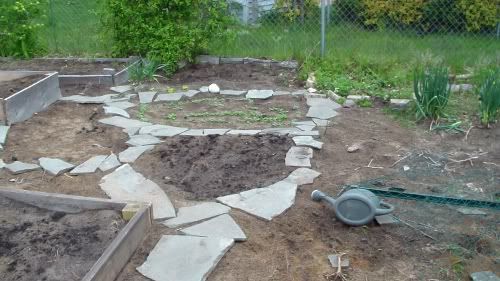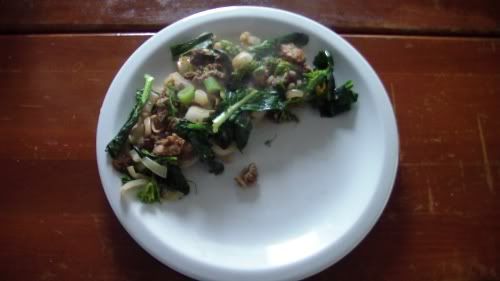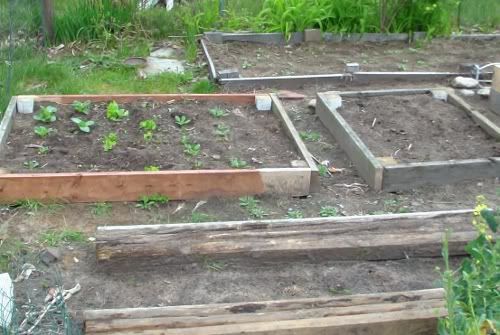On the West Coast of Michigan we talk of the smell of the Big Lake. The smell coming into my window now. Right now. The smell of childhood and grounding. All things from the water and between the water and me. The ladyslippers and sassafras, wild columbines and trilliums tucked between shifting hemlock dunes.
The Big Lake. Said with reverence. Big Lake. The smell of the Big Lake. Lake Michigan. The smell of the Big Lake...with shared communal reverence. Because we know and remember. With a wistful nod to memories and dune grass and darkness in the mossy woods.
Spring comes and the smell of the Big Lake changes the city and the people to children and memories. Flashes of senses. Closing the eyes in the back seat, hot and with the head pressed against the window, light flashing behind closed eyes backdropped by eyelid blood vessels as the sun dashes between trees and treetops, dots and dashes too fast to interpret behind the closed eyes. Sugar sand in the shoes and in the car and in the hair.
But there's meaning. A message. Olfactorial and in the dreams. The window is open and you wonder why the sun is still up and you have to be in bed. And the sheer curtains breathe in and out a soft breeze. Outside a white noise off in the distance.
A hush.
A pulse of hushing. A ten thousand year song. And a breeze. The curtains sway. The smell of the Big Lake tells you something you both already know between the decaying oak and wintergreen, the algae and the white pine. Porcupines have stripped the thin and young beech and maples from the midsection on up and a damaged resin flows from millions of tiny scratches, and as you walk the dune ridges you turn your head to give privacy to the young and enamored who think they are alone among the springtime dunes and leaves and fresh fiddlehead ferns.
The Big Lake. Said with reverence. Big Lake. The smell of the Big Lake. Lake Michigan. The smell of the Big Lake...with shared communal reverence. Because we know and remember. With a wistful nod to memories and dune grass and darkness in the mossy woods.
Spring comes and the smell of the Big Lake changes the city and the people to children and memories. Flashes of senses. Closing the eyes in the back seat, hot and with the head pressed against the window, light flashing behind closed eyes backdropped by eyelid blood vessels as the sun dashes between trees and treetops, dots and dashes too fast to interpret behind the closed eyes. Sugar sand in the shoes and in the car and in the hair.
But there's meaning. A message. Olfactorial and in the dreams. The window is open and you wonder why the sun is still up and you have to be in bed. And the sheer curtains breathe in and out a soft breeze. Outside a white noise off in the distance.
A hush.
A pulse of hushing. A ten thousand year song. And a breeze. The curtains sway. The smell of the Big Lake tells you something you both already know between the decaying oak and wintergreen, the algae and the white pine. Porcupines have stripped the thin and young beech and maples from the midsection on up and a damaged resin flows from millions of tiny scratches, and as you walk the dune ridges you turn your head to give privacy to the young and enamored who think they are alone among the springtime dunes and leaves and fresh fiddlehead ferns.
